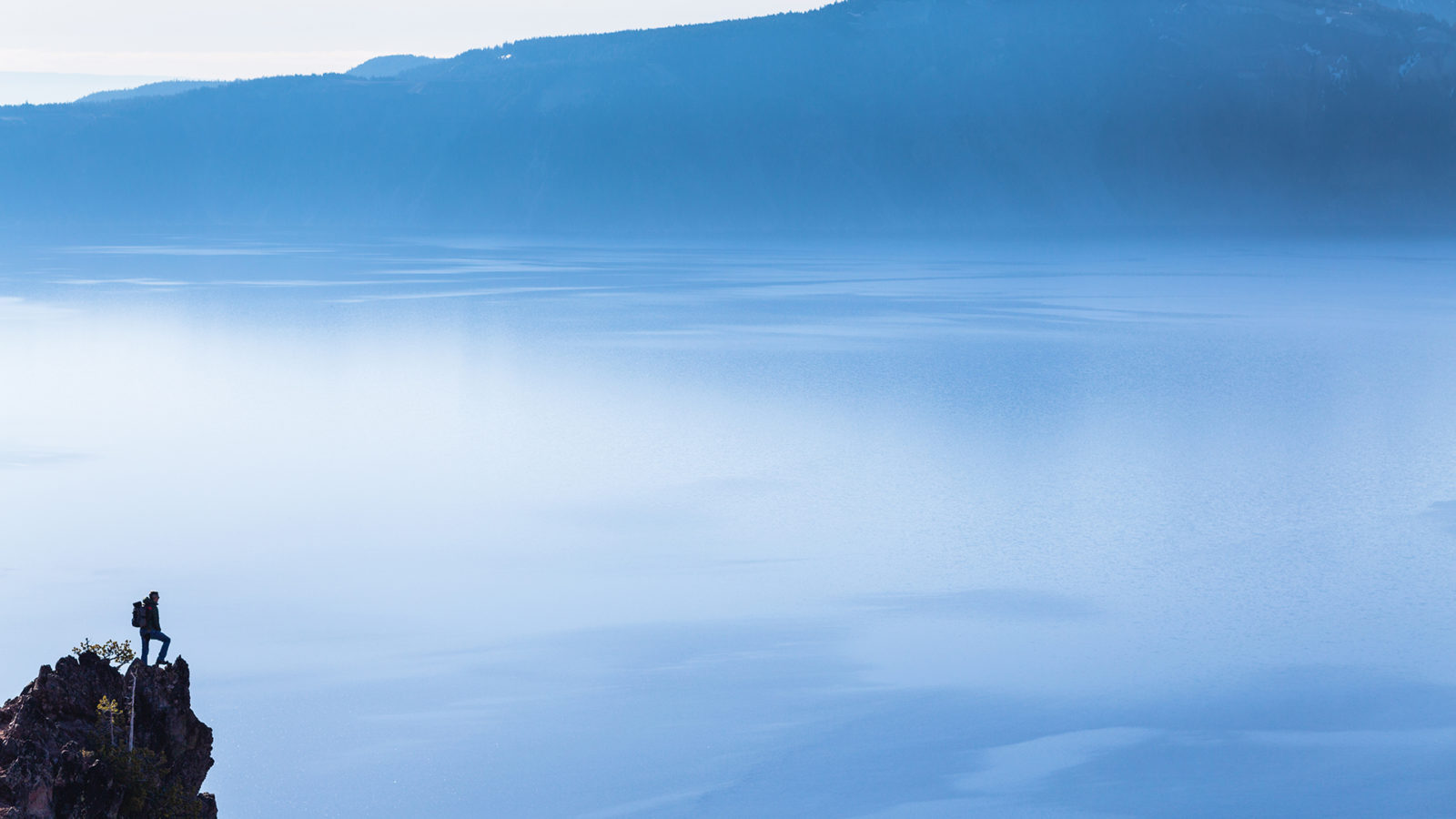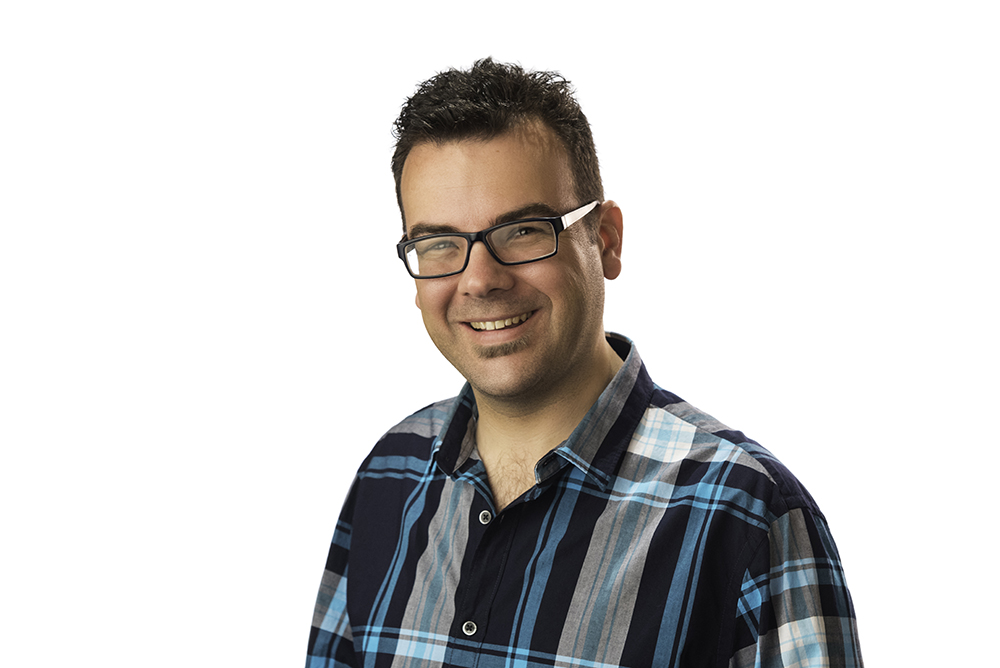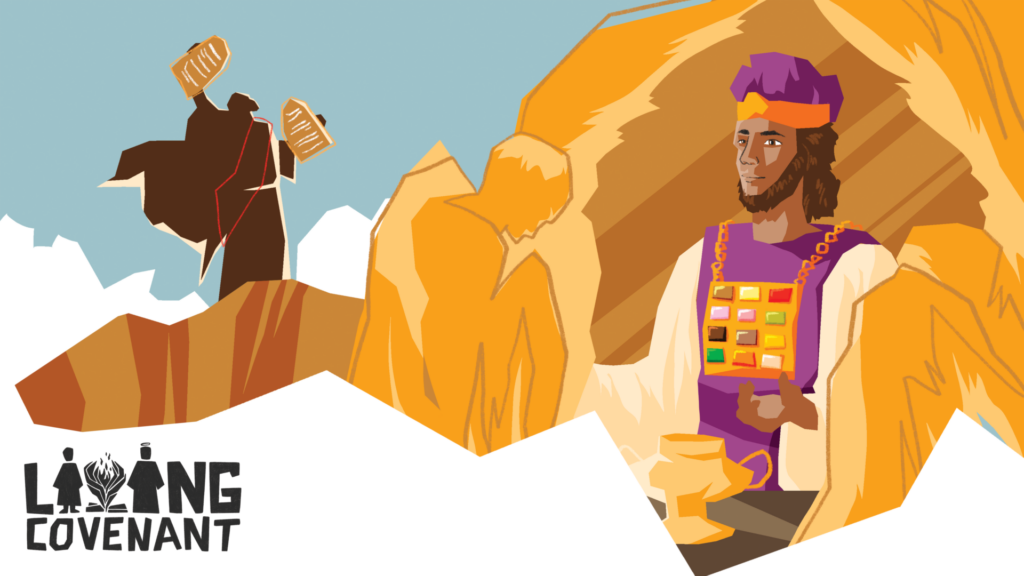Uncomfortable bedding; uncertain hot water; the weather threatening to bake you, freeze you, drown you or blow you away; dirty feet; no fridge; no electricity; dubious food; 3 am stumbles through grass, mud and gravel to the loo. Why would anyone choose to go camping?
Camp meetings have a long and proud tradition within Adventism. I suspect the marquee meeting place and tent accommodation was chosen simply to keep costs down. It was also easier to pack up and leave if the visiting evangelists were run out of town. But, participating in the North New South Wales Conference Big Camp this year, I’ve come to the realisation that we’re participating in a much older tradition.
“. . . after you have gathered the crops of the land, celebrate the festival to the Lord for seven days; the first day is a day of sabbath rest, and the eighth day also is a day of sabbath rest. . . Live in temporary shelters for seven days: all native-born Israelites are to live in such shelters so that your descendants will know that I made the Israelites live in temporary shelters when I brought them out of Egypt” (Leviticus 23:39-43).
By accident it seems, many of the camp meetings I’ve attended—Melbourne, Christchurch, Adelaide, Townsville and Stuarts Point—have followed the same Sabbath-to-Sabbath pattern. And whether it’s an official Church event or a solitary hike with a pup tent, there’s something special about camping.
It’s uncomfortable
For people who complain that camping is difficult, dirty and not conducive to human happiness, I see your point. Yes, camping is uncomfortable—physically and psychologically. It forces us out of our routine, it requires us to adapt, it necessitates a rethinking of so many things we take for granted.
At a very basic level, going without helps us to be more grateful for the things we have. There are few joys equivalent to staggering back into your home after a tough camping experience or mission trip and reacquainting yourself with your home—“hello comfy couch; hello beautiful clean shower; hello soft welcoming bed; I love you, friendly, familiar loo!”
But without the suffering, the gratitude is muted. Camping can function as a psychological and spiritual reset button—an opportunity to reassess our attitudes, our habits, our relationships, our direction in life.
God in the wilderness
God is able to reach the human heart anywhere, but especially deep connections can occur when we step out of man-made structures and immerse ourselves in God-made spaces. It’s scary to strip away the layers of civilisation that cocoon us and stand naked before our Maker, but sometimes that’s what we need.
The ancient Israelites needed a spiritual and cultural detox. Although their bodies had been miraculously freed from Egypt, their minds were still conditioned and colonised by slavery. God’s plan was a wilderness journey focused on developing a deep and radical dependence in His people. Like a loving foster parent earning the trust of a rescued, abused child, God never left the Israelites’ sight and began with the simplest lessons of regular, sufficient food and water. [pullquote]
The Exodus journey was a touchstone experience the biblical writers returned to time and again, right up to Revelation 7:15-17, where the 144,000 are promised divine protection in terms that echo the miraculous manna, water and shadowing cloud: “he who sits on the throne will shelter [literally, “tent”] them with his presence. Never again will they hunger; never again will they thirst. The sun will not beat down on them, nor any scorching heat. For the Lamb at the centre of the throne will be their shepherd; he will lead them to springs of living water.”
It’s not just the ancient Israelites who need the wilderness detox experience. In the 21st century, with our climate control, electronic gadgets and self-focused lives, we’re more insulated from the great outdoors than ever. And when we do venture into the wild it’s too often with a sense of self-possession as we unfurl high-tech camping gear, glancing at the next campsite in the hope that their assemblage will not supersede our own.
But still, the calming, humbling influence of nature somehow seeps in through the Gore-Tex. “Green time”—time in the outdoors—is a strategy recommended by psychologists for kids struggling with behavioural disorders such as ADHD—it’s also a strategy used by parents desperate to find ways to unglue their kids’ faces from electronic screens. The ongoing success of outdoor “adventure therapy” programs for at-risk youth is testament to the transformative power of time spent in close connection with creation.
It’s no coincidence many of the Bible’s most powerful spiritual encounters happen in wild places: Hagar in the desert; Moses at the burning bush; Elijah on Mt Carmel. And as a people focused on proclaiming the soon coming of Jesus, Adventists should have a special affinity with the simple living, non-drinking John the Baptist whose messages of hope and warning were burnished by his years under the desert sun.
Into the rhythm
Spending time outdoors seems to reorient humans somehow. Surfers, boaties and fishermen become conscious of tides and wind direction and how they affect marine life. Farmers learn to work in sync with the seasons and are often some of the first people to identify changes in seasons and weather patterns, wind and rainfall.
There’s a rhythm to nature. A heartbeat. There’s a hidden music that can only be discovered in stillness and deep awareness. There’s a still, small voice waiting to be heard.
This is not pagan thinking or earth worship. Consider how God created the sun, moon and stars to be markers “for signs and for seasons, and for days and years” (Genesis 1:14). The Hebrew calendar was governed by these heavenly bodies, with religious festivals prompted by the arrival of the new moon. And the festivals themselves included seasonal or horticultural aspects, marking, for example, the arrival of spring or the harvest of the first fruits or grain.
Sabbath-keepers sense an echo of this cadence as we note the changes in sunset times throughout the year. The inconveniences of waxing and waning Sabbath hours can serve as a reminder that God is asking us, if we’re willing, to let Him lead the dance, to set the agenda, to order our priorities.
Sometimes God sees things quite differently to us. While we build our little empires of sand, He weeps: “Woe to you who add house to house and join field to field till no space is left and you live alone in the land” (Isaiah 5:8). The rhythm of His jubilee calls forth songs of joy from forgiven debtors, freed slaves, traditional owners reunited with their land, and the rested and rejuvenated earth itself.
Is camping guaranteed to thrust these insights into our conscious? Of course not. But in simply slowing down, unplugging ourselves from what singer Paul Simon called “staccato signals of constant information” and becoming more aware of nature’s effortless complexity, we open ourselves to the possibility of God, making time for His gentle nudges and whispers.
Going feral
Todd Wynward paints a startling picture of Christians released from the bondage of worldly perspectives and lifestyles in Rewilding the Way:
“Raised in our overcivilised and ecocidal society, what traits must we rediscover to be partners in God’s plan so that instead of being anxious foot-draggers and bland bystanders we can be salt, light and leaven in a future where God mightily uses our gifts?. . . Can today’s cozy Christians become the countercultural prophets God aches for us to be? Will we repent—turn around to God—and be able to vitally embody the subversive, transformative life way that Jesus practised and offered?”
Wynward suggests Christians in the West have been “domesticated”—“tamed by the twin masters of nonstop technology and comfy consumerism”. His solution includes simple, sustainable living and spending time in wild places as well as deep spiritual reflection. He calls it “going feral”—reclaiming an expression that usually evokes distaste.
While I don’t agree with all of his theology or perspectives, there’s something at the core of Wynward’s manifesto that’s uncomfortably close to the bone. Is it possible that we Christians have been colonised and co-opted by our culture? Distracted, diverted and diminished?
“Oh Jesus Christ,” sang ‘90s Aussie band Powderfinger, “Your use-by date is faded. And followers of You now watch TV.” The unfortunate reality is that when our spirituality lapses into limp-home mode, it’s not only we who look impotent; Jesus’ reputation and relevance are also called into question.
We’re in need of radical transformation—using “radical” in the context of its Latin origin, “radix”, meaning “root”. This is no superficial spit and polish; it’s a re-creation, a new birth, a daily death to self. Jesus longs to see us fulfilling the dreams He created us to fulfil—to unleash us, on a planet desperate for love, hope and healing.
Take a break
You might not have 40 days and nights free to spend in the wilderness, accustoming yourself to simplicity, resonating with the rhythms of creation and listening for the voice of God.
So take a weekend to go camping; enjoy a day amongst trees and cliffs and creeks; an hour embedded in the garden or immersed in the shimmering architecture of ocean waves. Take a moment to raise your face to the sky and feel the sun or rain on your skin. And recognise that when you whisper “thank you”, you are joining a chorus of living things bringing glory to their Maker by simply doing what they were created to do. “Let everything that has breath praise the Lord” (Psalm 150:6).






